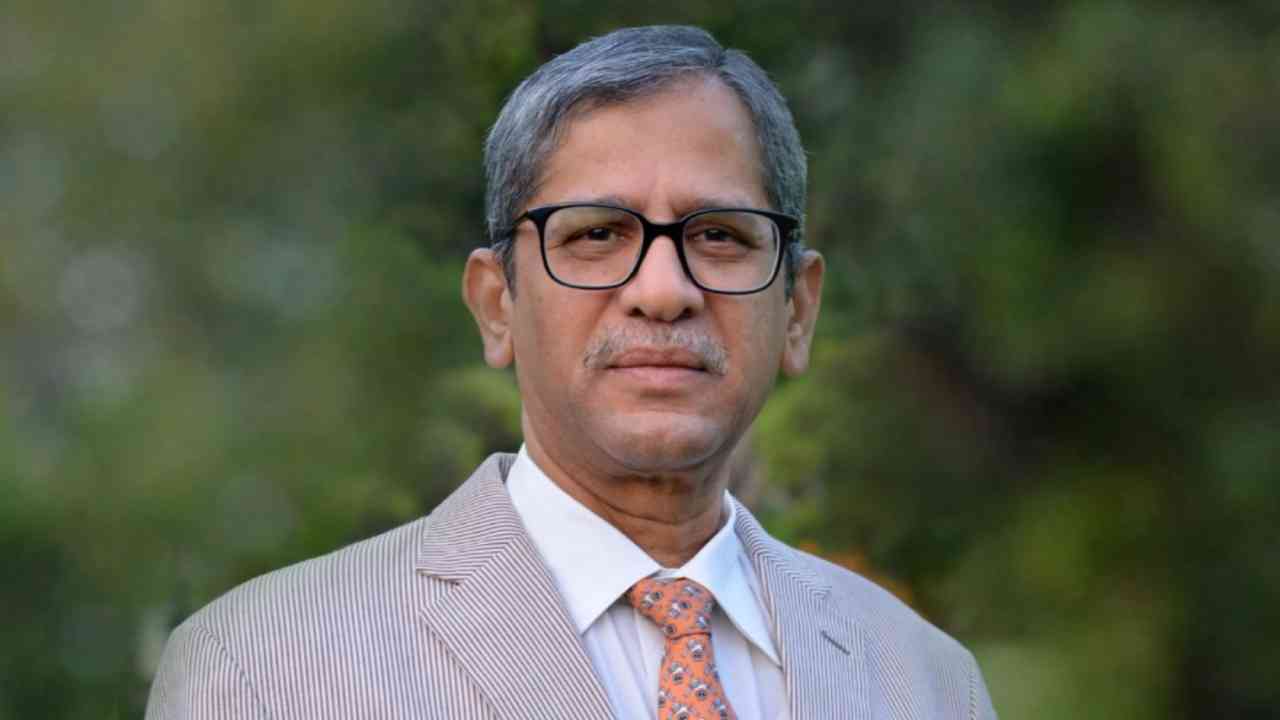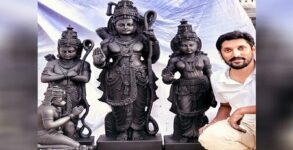Chief Justice of India NV Ramana on Saturday opined that “political opposition should not translate into hostility,” and remarked that strong, vibrant and active Opposition helps to improve the governance and corrects the functioning of the government. CJI NV Ramana’s remarks came while addressing on “75 Years of Parliamentary Democracy” in the Legislative Assembly of Rajasthan.
Instead of engaging in meaningful debates for furthering democracy, politics has become acrimonious, CJI remarked and said that the diversity of opinion enriches polity and society. “Political opposition should not translate into hostility, which we are sadly witnessing these days. These are not signs of a healthy democracy” CJI said.
He opined that strong, vibrant and active opposition helps to improve the governance and corrects the functioning of the government. “In an ideal world, it is the cooperative functioning of the government and the opposition which will lead to a progressive democracy. After all, Project Democracy is a joint effort of all the stakeholders,” CJI Ramana said.
As he noted that the leaders in the opposition used to play a stellar role and there used to be a lot of mutual respect between the government and the opposition, CJI expressed concern that “unfortunately the space for the Opposition is diminishing.” “We are witnessing laws being passed without detailed deliberation and scrutiny,” CJI said, remarking that “in the absence of a thorough debate involving all the sides of the house, as a judge at times I wonder as to how does one trace the legislative intent behind the enactments,” stated CJI.
CJI said that the members of the assembly are the ones chosen by the great people of Rajasthan and carry the hope and trust of your electorate. “Democracy is not about choosing a State or its head. Democracy is about defining our identity. Democracy is about deciding our freedoms, rights, and duties. Democracy is about claiming our destiny. Like Dr Ambedkar once described, ‘The soul of Democracy is the doctrine of one man, one value.’ For India, democracy was not a choice, but a habit and a necessity,” CJI said, adding that India was meant to be a “parliamentary democracy” and not a “parliamentary government”, for the core idea of Democracy is representation.
“The success of our democracy is largely attributable to people’s faith and participation in the system,” CJI said and noted that in these 75 years, no doubt the country have achieved a lot, but, he remarked that “the sad reality is that a vast of our people still don’t have access to dignified living. CJI said, “In India, de facto, you are obligated to play a dual role. One, as a member of your political party; the other, as an individual voice of the people you represent. Your role is not limited to just making of the laws and policies. You know very well that even after laws are formulated, the intended benefits do not reach the target population for years together.”
CJI reiterated that he has said on multiple occasions that if every wing of the state functions with efficiency and responsibility, then the burden on others would reduce considerably. He addressed the lawmakers and said, “strengthening parliamentary democracy demands strengthening the opposition as well. We have a form of government where the executive, both political and permanent, is accountable to the legislature. CJI remarked that as law-making is a complicated process, therefore Members of the Legislature must have quality assistance from legal professionals, so that they are able to contribute to the debates meaningfully and Speaker may consider providing the assistance of qualified law clerks to each of the MLAs.
CJI also said that one of the major roles of the judiciary is the interpretation of legislation and as a gap filler and said, “Increasing state intervention in the lives of the population, dissatisfaction among the public about the other two wings and rising awareness of rights have increased the public expectation on the judiciary.”


















